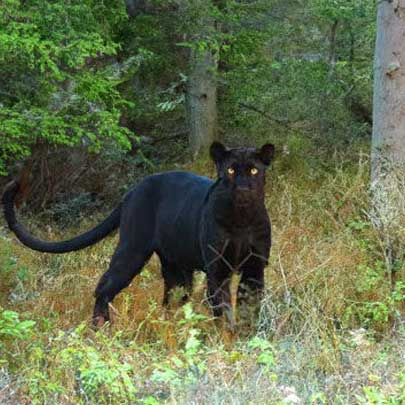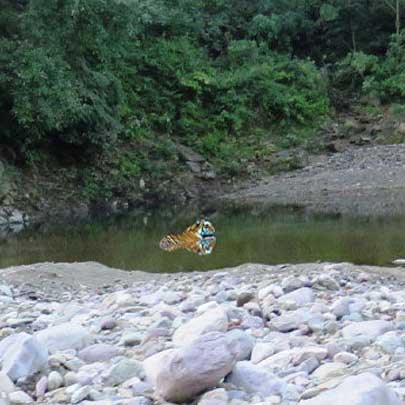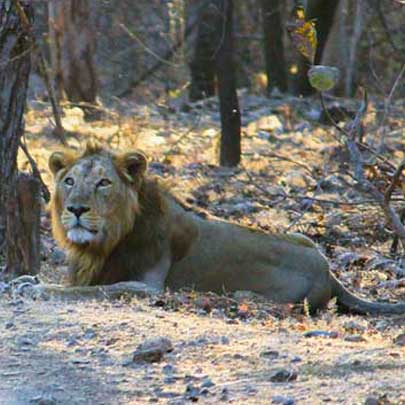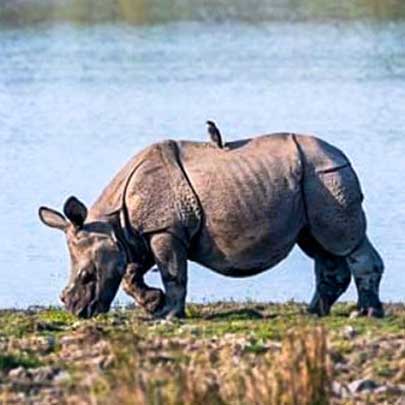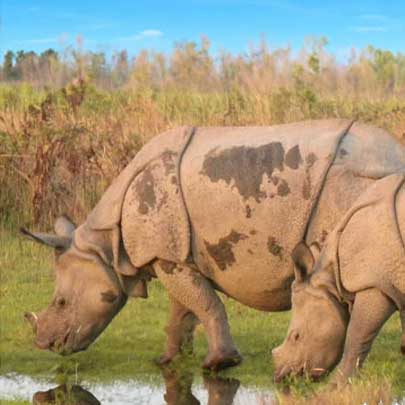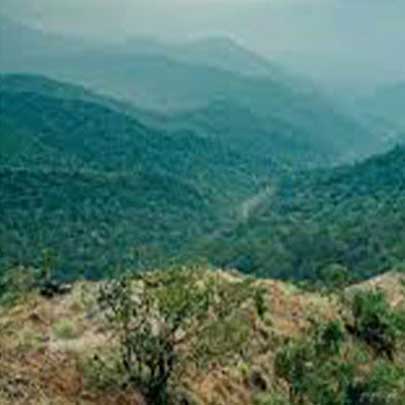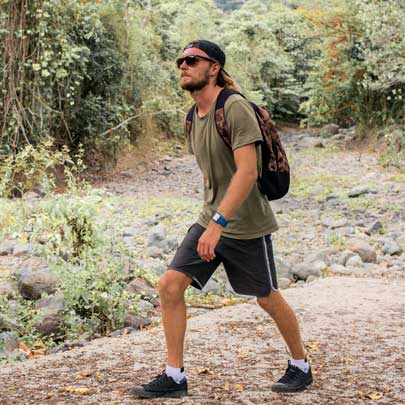🌿 Ecotourism and Wildlife Conservation: A Sustainable Path to Explore Nature Responsibly
🌿 Ecotourism and Wildlife Conservation:
A Sustainable Path to Explore Nature
Responsibly
Introduction: The Rise of Ecotourism in a Changing World
In an age where climate change, deforestation, and mass tourism threaten our planet’s delicate ecosystems, ecotourism has emerged as a powerful movement toward sustainable travel. More travelers today are choosing to explore responsibly — to not only witness nature’s beauty but also to preserve it.

According to the World Tourism Organization (UNWTO), ecotourism is one of the fastest-growing sectors in global travel, with an annual growth rate of nearly 20%. For conservation-based organizations like Wildlense Wild Retreat , this movement aligns perfectly with their mission — to protect biodiversity, empower local communities, and create awareness about wildlife conservation.
What Is Ecotourism? Understanding the Concept
Ecotourism is much more than just “nature travel.” It is a responsible form of tourism that focuses on conserving the environment, sustaining the well-being of local people, and fostering environmental education.
In simple terms, ecotourism means traveling to natural areas that conserve the environment and improve the lives of local people.
Core Principles of Ecotourism
-
Minimize Environmental Impact – Reducing carbon footprint and waste.
-
Support Conservation Efforts – Promoting wildlife protection and habitat preservation.
-
Empower Local Communities – Encouraging local employment and fair trade.
-
Educate Tourists – Spreading awareness about ecology, biodiversity, and sustainability.
These principles make ecotourism a win-win for travelers and nature alike.
Why Ecotourism Matters for Wildlife Conservation
Wildlife conservation and ecotourism are deeply interconnected. Responsible tourism brings both economic support and global attention to endangered ecosystems. By visiting eco-friendly destinations, travelers indirectly fund anti-poaching programs, reforestation projects, and community-based conservation.

1. Ecotourism Generates Funds for Conservation
Revenue from eco-lodges, park entry fees, and guided tours helps fund wildlife sanctuaries and national parks. For instance, in India, ecotourism supports tiger reserves like Bandhavgarh, Kanha, and Pench National Parks, which are critical tiger habitats.
2. Provides Employment for Local Communities
Ecotourism gives local people sustainable livelihoods as guides, rangers, or hospitality staff — reducing their dependence on poaching or deforestation. This creates a socially sustainable model of conservation.
3. Builds Global Awareness
When tourists witness wildlife in its natural habitat, they become advocates for protection. Awareness transforms into action — through donations, volunteering, or spreading education.
Top Ecotourism Destinations in India for Wildlife Lovers
India, with its rich biodiversity, is a paradise for eco-travelers. Here are some top ecotourism destinations that combine adventure with conservation:
1. Jim Corbett National Park (Uttarakhand)
India’s oldest national park, home to tigers, elephants, and leopards. Corbett promotes eco-friendly safari tourism and conservation education programs.
2. Kanha National Park (Madhya Pradesh)
Famous for inspiring The Jungle Book, Kanha is a model for community-based ecotourism and habitat preservation.
3. Kaziranga National Park (Assam)
A UNESCO World Heritage Site, known for the one-horned rhinoceros. Kaziranga ecotourism initiatives help protect floodplain ecosystems and provide income to local Assamese communities.
4. Sundarbans (West Bengal)
The world’s largest mangrove forest and home to the Royal Bengal Tiger. Ecotourism here supports mangrove restoration and local fishing families.
5. Periyar Wildlife Sanctuary (Kerala)
Located in the Western Ghats, this region promotes community-based forest protection through eco-development programs.
The Role of Wildlense Eco Foundation in Promoting Ecotourism
At Wildlense Wild Retreat , we believe that ecotourism is not just about travel — it’s about transformation. Our initiatives focus on educating travelers, empowering locals, and conserving wildlife through ethical tourism practices.
Key Focus Areas:
-
Sustainable Wildlife Tours: Organizing guided eco-trips to biodiversity hotspots.
-
Conservation Awareness Campaigns: Conducting workshops and nature walks for schools and communities.
-
Community Empowerment: Supporting tribal and rural communities living near protected areas.
-
Wildlife Photography & Research: Promoting ethical wildlife photography to document and protect endangered species.
Through partnerships with government bodies and local NGOs, Wildlense Eco Foundation ensures that every eco-tour contributes directly to biodiversity conservation and habitat restoration.
How Tourists Can Practice Responsible Ecotourism
Ecotourism only works when travelers actively participate in conservation. Here are a few eco-friendly travel tips for nature enthusiasts:

-
Respect Wildlife – Observe animals from a distance; never feed or disturb them.
-
Avoid Single-Use Plastics – Carry reusable bottles and eco-friendly products.
-
Choose Eco-Certified Lodges – Stay at accommodations with sustainable certifications.
-
Support Local Businesses – Buy handicrafts and products made by local artisans.
-
Travel in Small Groups – Reduce your impact on fragile ecosystems.
-
Educate Others – Share your experiences to inspire responsible tourism.
By following these principles, every traveler becomes a guardian of nature.
The Economic and Environmental Impact of Ecotourism

1. Economic Benefits
Ecotourism contributes significantly to local economies. It creates jobs, supports small enterprises, and reduces migration from rural to urban areas. Studies show that every $1 spent on ecotourism generates $2–3 for conservation-linked activities.
2. Environmental Benefits
From forest restoration projects to wildlife monitoring, ecotourism directly aids environmental protection. When managed responsibly, it ensures that tourism doesn’t exploit nature but sustains it.
Challenges Facing Ecotourism Today
While ecotourism offers immense benefits, it faces challenges like:
-
Over-tourism in sensitive areas
-
Greenwashing (false claims of eco-friendliness)
-
Lack of regulation and poor waste management
-
Insufficient community participation
To overcome these issues, collaboration between travelers, local authorities, NGOs, and policymakers is crucial.
Future of Ecotourism in India: A Sustainable Vision
India’s ecotourism future looks bright as eco-conscious travel becomes mainstream. With the government promoting initiatives like “Eco Circuit” under the Swadesh Darshan Scheme, more destinations are adopting sustainable models.
Organizations like Wildlense Wild Retreat play a key role in ensuring this growth remains ethical, inclusive, and conservation-driven. The goal is to create a balance — where tourism supports both people and the planet.
Conclusion: Travel with Purpose, Protect What You Love
Ecotourism is more than a trend — it’s a movement for change. It allows us to reconnect with nature, support conservation, and empower those who live closest to wildlife. By choosing responsible travel, we ensure that future generations inherit a planet as rich and diverse as the one we enjoy today.
At Wildlense Wild retreat , we invite you to be part of this journey — to explore responsibly, conserve passionately, and travel sustainably.
🌱 “Take only memories, leave only footprints.”































